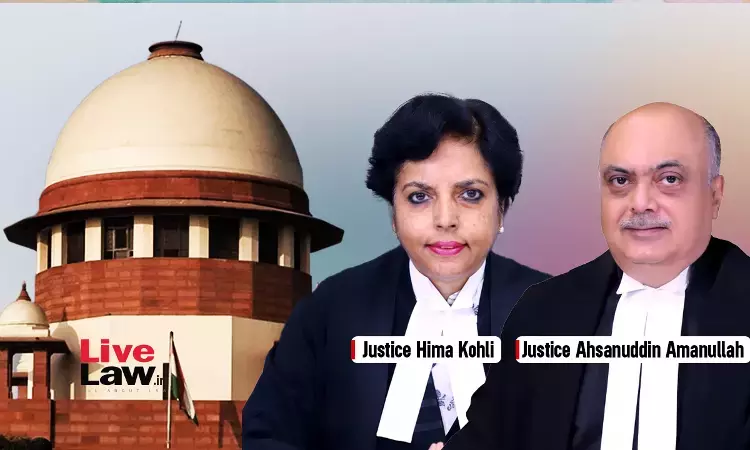The Supreme Court bench of Justices Hima Kohli and Ahsanuddin Amanullah has held that services rendered in an ad-hoc appointment as Lecturer before being appointed as Assistant Professor on a regular basis cannot be counted for determining the eligibility for the grant of the senior pay scale under the 'Career Advancement Scheme' (CAS).As per the CAS notified on July 22, 1988 by the...

